Vietnam takes on pressures of foreign capital attraction
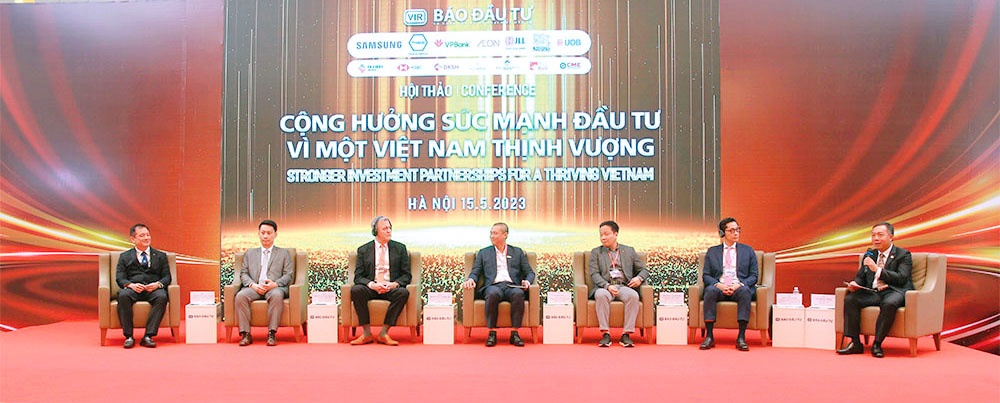 |
| A raft of top brands were represented at last week’s investment conference |
At last week’s conference “Strong Investment Partnerships for a Thriving Vietnam” hosted by VIR, representatives of many foreign-invested enterprises (FIEs) discussed their concerns and gave recommendations for Vietnam to foster new investment inflows amid global complicated developments.
Choi Joo Ho, CEO of Samsung Vietnam, said that Vietnam’s competitiveness to allure foreign investment is threatened because of different factors.
“The global minimum tax regime is a prime example of the most significant external environmental changes,” he said. “If Vietnam also applies these policies, it could eliminate the instability in the business activities of affected FIEs. Samsung expects the Vietnamese government to continue creating a predictable business environment that is in line with global standards and the recent change in investment climate.”
Similarly, Trang Le, head of Research and Consulting at JLL Vietnam added, “In order to attract foreign direct investment (FDI), we still have to revolve around factors such as promoting the completion of legal procedures for investment, improving the quality of infrastructure for production, serving development of the real estate market, and improving quality human resources to be able to absorb foreign capital flows, especially in the manufacturing industry.”
Raymond Gordon, vice chancellor and president of British University Vietnam, added, “Vietnam needs to further improve regulations and ways to attract more FDI in education, contributing to improving the quality of human resources, serving the socioeconomic development in the time to come.”
Do Van Su, deputy director general of the Foreign Investment Agency under the Ministry of Planning and Investment, admitted that new investment in Vietnam has slowed in recent times, in part because of the pandemic, geopolitical fluctuations disrupting supply chains, consumption of European and American countries declining, inflation, and production stagnation.
“While FDI inflows into Vietnam in these two years see some rise in the number of projects by about 16-22 per cent over the same period last year, Vietnam is missing out on mega projects that make a breakthrough in investment value,” Su noted.
Across over three decades of attracting FDI, the event heard that Vietnam has learned many lessons and is still considered an attractive destination for FIEs, illustrated in the consolidated registered capital of $446 billion and disbursed capital of $280 billion so far.
Many successful stories were shared at the conference, showing the strong confidence and long-term commitments in Vietnam from many of the companies and organisations involved.
“At present, more than half of all Samsung smartphones selling around the world are made in Vietnam. The nation has grown significantly to become a key player in the production of mobile phones globally,” Choi Joo Ho said. “IT businesses around the world are seriously watching Vietnam, acknowledging it as a manufacturing hub for mobile phones.”
Kim Le Huy, vice president of Business Unit Consumer Goods at DKSH Vietnam, said, “Besides offering our business partners best-in-class services, we also leverage our market position to contribute to the sustainable development of the communities where we operate, including Vietnam.”
Meanwhile, Ha Do, partner and IGH/ESG head at KPMG Vietnam and Cambodia, foresees that environmental, social, and governance requirements are also becoming increasingly important, while also having a direct impact on attracting investment from abroad.
“The question here is what action has been taken by the Vietnamese government, what action will be taken in the future, and what legal frameworks have been put in place and can still be crafted in order to help businesses in Vietnam meet those requirements,” she noted.
| Prof. Nguyen Mai - Chairman Vietnam Association of Foreign-invested Enterprises | |
Vietnam is under great pressure in terms of FDI attraction. For example, big economies such as the United States, EU, Japan, and South Korea are applying policies on limiting outbound investment. The South Korean government has enacted a policy to encourage this nation’s investors to come back home for investment, while the Japanese government has earmarked about $2 billion for supporting Japanese investors returning to Japan. These moves are creating pressure on Vietnam to keep South Korean and Japanese investors, who are at the top terms of Vietnam’s FDI portfolio. It is strongly recommended that Vietnam seriously studies the FDI attraction strategies of other nations and territories, especially strategies of multinational corporations’ outbound investment, to design its own strategy. India, for example, is making every effort to woo high-quality FDI. The Indian prime minister each year makes about four visits overseas exclusively to work with global investors. This means it has sound financial health and consecutively improves its investment and business policies to attract FDI. This also puts pressure on Vietnam. In Southeast Asia, Indonesia is now becoming a big rival of Vietnam in FDI attraction. This nation has earmarked about five large-scale land areas for big projects. For instance, any project worth at least $70 million and using more than 300 local employees will be licensed in a very short time of one week, and can immediately begin construction without obstructions. Globally, there has also been an oft-seen trend in selecting investors. Many nations have applied a raft of solutions to filter FDI in a very stringent manner with very high standards. They pay special attention to national security and defence, and any project affecting this sector will be either refused or put under strict management. If Vietnam fails to update information from the global FDI landscape, it will be difficult to lure more high-quality foreign investment. Domestically, the country’s business and investment climate has improved, but much remains to be done to make the country a more attractive investment destination. The reality is that when one administrative procedure is removed, another two or three are created. | |
| Phan Huu Thang - Former director general Foreign Investment Agency Ministry of Planning and Investment | |
Investors from the United States, EU, Japan, and South Korea trust the country’s economic growth and the effort to improve the investment environment. Many multinational groups also have plans to expand their operations in the country. In reality, their demand on domestic supply sources is large, while the capacity to meet these demands is modest as there are too many small and medium-sized enterprises. Besides this, state-owned enterprises are assigned different projects and missions. As a result, the linkage between foreign-invested enterprises and domestic firms is further loosened. The expectation in the upcoming time is to tighten the linkage between foreign-invested and domestic enterprises, which is the most effective solution to improve the competitive capacity of Vietnamese firms and take them into the global supply chain. Once the domestic firms’ competition capacity is improved, it will be a foundation to draw more large-scale foreign investors or foster existing firms to expand their operations. Large investor will continue to spend part of their profit investing in training to enhance the labour force and the capacity of the domestic supporting industry. These moves show a heartfelt desire for win-win collaboration. | |
| Do Van Su - Deputy director general Foreign Investment Agency Ministry of Planning and Investment | |
In the past three years, FDI inflows have slowed down largely due to the pandemic, geopolitical fluctuations disrupting supply chains, consumption of European and American countries declining, inflation, and production stagnation. So, all investments from countries around the world and capital into Vietnam have shown signs of slowing. However, investment inflows into Vietnam in the last two years have seen some rises in the number of projects by about 16-22 per cent. However, Vietnam is missing huge mega projects that make a breakthrough in investment value, in which the number is very few but the value accounts for a high proportion of total FDI. This can be explained by the global minimum tax, which will be applied in early 2024, with large multinationals the main affected subjects, so they are carefully listening to the policy responses of governments. In Vietnam, we are considering solutions, which are expected to be issued in the next one to two months to retain existing investors, be attractive enough to new investors, and ensure fairness and equality among different business sectors. Additionally, one of the major factors affecting investment capital flows into Vietnam in recent years is the devaluation of the currency. The two biggest investors are South Korea and Japan, whose currencies are severely depreciating. The larger the ventures are, the higher risk they have, so the mega decisions and projects are more carefully considered, and delayed. | |
| Philipp Munzinger - Programme director, GIZ Energy Support Programme Vietnam | |
Vietnam has impressed the international community not only with its rapid economic growth but also by the rapid expansion of renewables in the total energy structure, along with measures to use energy efficiently. It is important now to continue to maintain momentum. However, there are still many challenges. For example, the expansion of solar and wind power will present challenges to the power network because it has not developed correspondingly in the past years. These are also urgent tasks to create conditions for Vietnam to generate electricity from solar or wind power sources on the grid. Resources in Vietnam have not allowed the promotion of power networks that can be automated and optimised, but still need foreign support. To be able to step into a cleaner and newer energy source, Vietnam needs to create conditions for private and foreign-led enterprises to build power grid infrastructure so that it can serve as a basis for development. Along with that, there must be a stable policy environment so that investors can feel secure to invest in solar and wind. Based on experiences and practical lessons, the price of electricity from solar and wind power must also be carefully considered. | |
| Victor Ngo - CEO, UOB Vietnam | |
Besides that, FDI has also played a role in Vietnam economic growth, contributing approximately 70 per cent of the country’s trade activities to reach the record trade volume of $733 billion in 2022. With strong contributions from both domestic and foreign-invested enterprises, Vietnam has become a bright spot and a favourable investment destination with strong and continuous support from central and local governments and various government agencies. Vietnam will continue to benefit from the supply chain shift trends and the development of green economy. With a strong and dynamic workforce, I believe it will continue to be one of the most attractive FDI destination in Southeast Asia. |
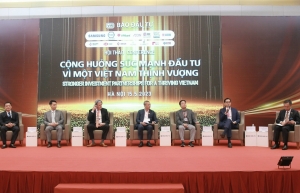 | VIR conference attracts hundreds of participants Hundreds of government officials, senior economists, international organisations, and the business community participated in a major foreign investment conference hosted by VIR to discuss the contributions of foreign-invested enterprises to the country's development. |
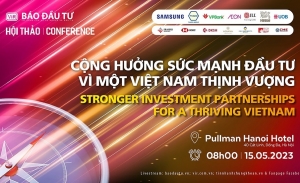 | VIR to hold major foreign investment conference on May 15 Vietnam Investment Review will hold a conference on May 15 to gather government officials, senior economists, international organisations, and the business community to discuss foreign investment inflows in Vietnam, and how to foster more in the new era. |
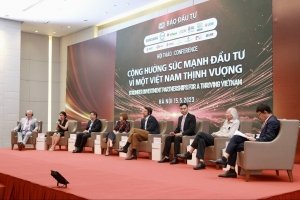 | VIR conference: Certain sectors remain magnets for FDI Certain sectors, namely manufacturing, energy, real estate, tourism, education, and banking remain attractive targets for foreign direct investment (FDI). |
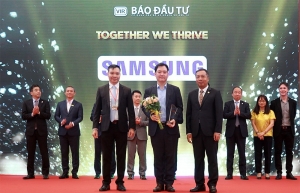 | VIR honours investors who help make Vietnam an FDI success story (photo) VIR has granted medals to honour the investors, businesses, and organisations that have contributed to making Vietnam a foreign direct investment (FDI) success story. |
What the stars mean:
★ Poor ★ ★ Promising ★★★ Good ★★★★ Very good ★★★★★ Exceptional
Related Contents
Latest News
More News
- SK Innovation-led consortium wins $2.3 billion LNG project in Nghe An (February 25, 2026 | 07:56)
- THACO opens $70 million manufacturing complex in Danang (February 25, 2026 | 07:54)
- Phu Quoc International Airport expansion approved to meet rising demand (February 24, 2026 | 10:00)
- Bac Giang International Logistics Centre faces land clearance barrier (February 24, 2026 | 08:00)
- Bright prospects abound in European investment (February 19, 2026 | 20:27)
- Internal strengths attest to commitment to progress (February 19, 2026 | 20:13)
- Vietnam, New Zealand seek level-up in ties (February 19, 2026 | 18:06)
- Untapped potential in relations with Indonesia (February 19, 2026 | 17:56)
- German strengths match Vietnamese aspirations (February 19, 2026 | 17:40)
- Kim Long Motor and AOJ Suzhou enter strategic partnership (February 16, 2026 | 13:27)

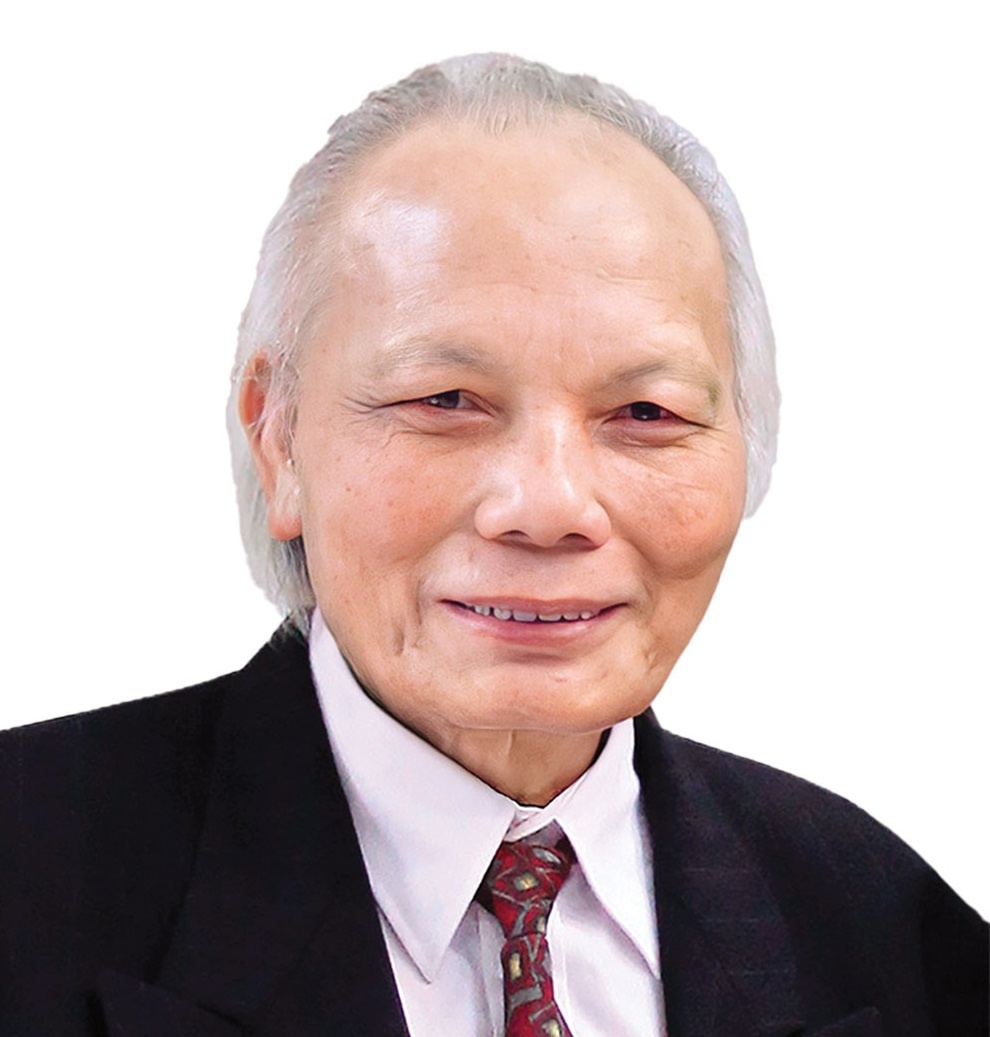
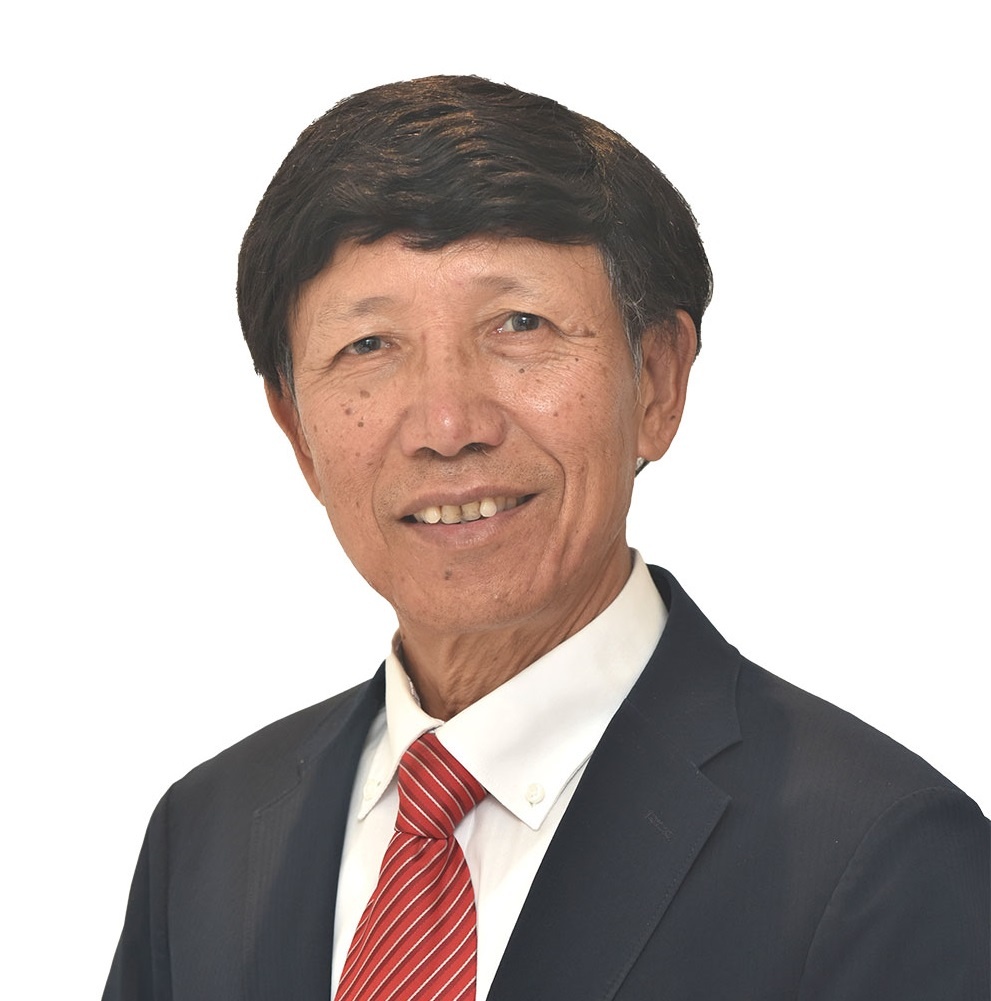
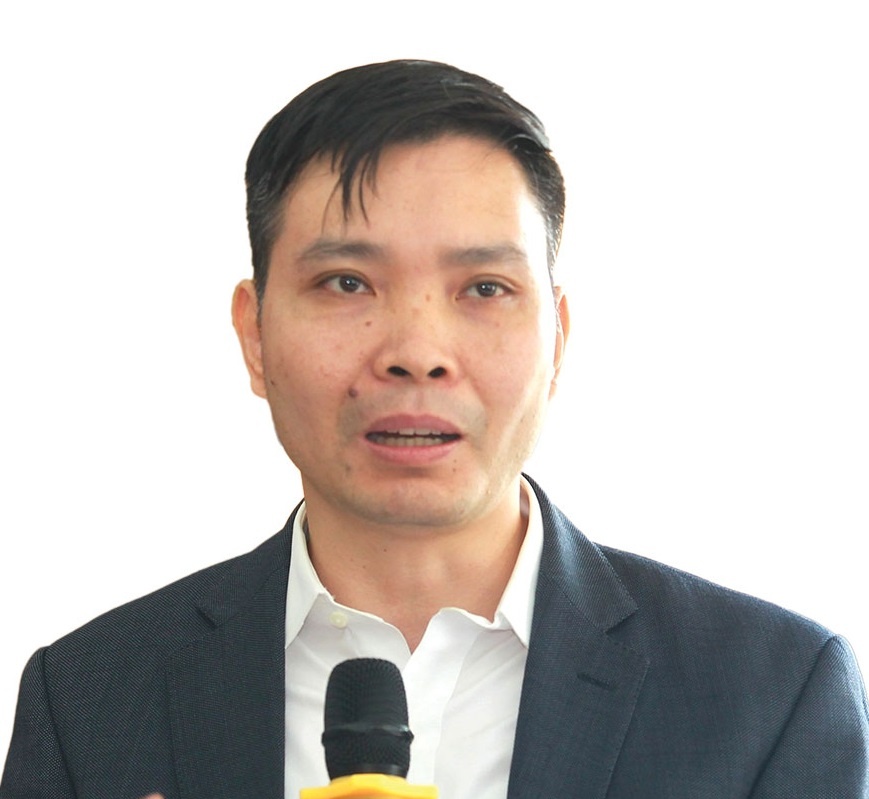

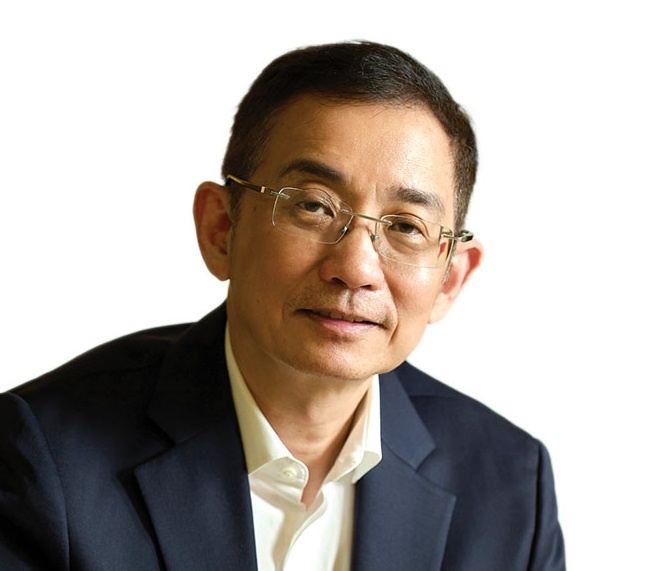
 Tag:
Tag:


















 Mobile Version
Mobile Version